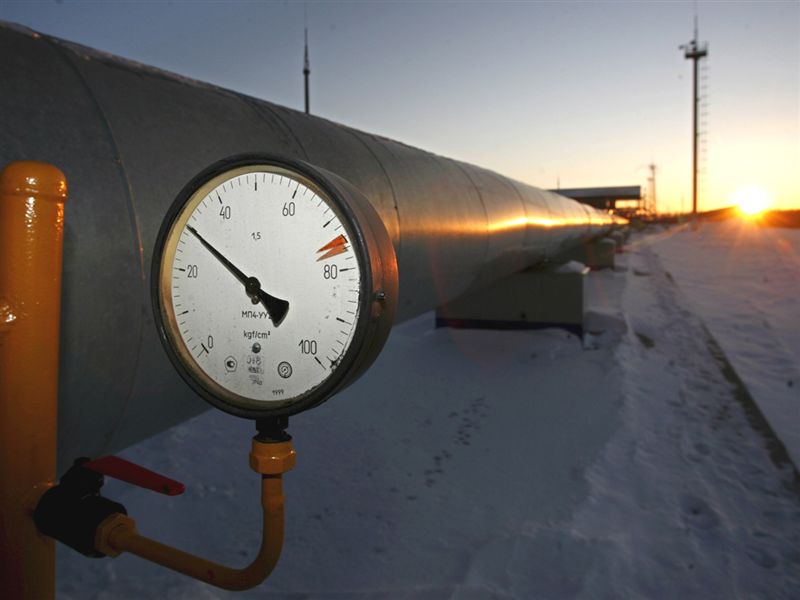
In the latest Dinu Patriciu Eurasia Center Issue Brief “Eurasian Energy: Hot and Cold,” Boyko Nitzov, the Center’s Director of Research, surveys the current state of energy markets in Central Eurasia, and explores areas for improvement and reform. The Brief focuses on hydrocarbons.
Download the PDF
Central Eurasia brings together both the best and the worst of energy policies. It is a major petroleum-producing region that now is poised for further growth. Unreformed, vertically integrated national monopolies operate alongside large Western energy companies and leading government-owned and private companies based elsewhere in the developing world. Energy markets are restricted and uncompetitive. Lack of cohesion due to local conflicts and political issues are exacerbated by a lack of direct access to seaports.
Nitzov argues that opening up additional hydrocarbon export routes from Central Eurasia via multiple, independently operated pipelines is an essential component of any strategy that aims to achieve energy security and to develop free, competitive oil and gas markets in the region. The pace of resource development also hinges on granting reasonable, predictable terms of access and having an equitable, transparent resource management policy in place.
The author recommends that policy should focus on alleviating the worst features of energy policies in the region. The United States should not back down from explicitly supporting particular infrastructure projects that link Central Eurasian countries to free markets and to each other since, without such infrastructure, free trade and competitive markets will have a hard time emerging. Few Central Eurasian countries boast competitive energy sectors. Their small size poses limitations in any case. However, opportunities for improving cross-border investment and market access do exist, and should be supported.
Dr. Boyko Nitzov is Director of Programs for the Dinu Patriciu Eurasia Energy Center at the Atlantic Council. He came to the Council from the Energy Charter Secretariat in Brussels, where he served as the Senior Expert for Investment. Dr. Nitzov is a member of the International Association for Energy Economics and has published in leading energy sector journals.
Image: PipelineGauge.jpg
